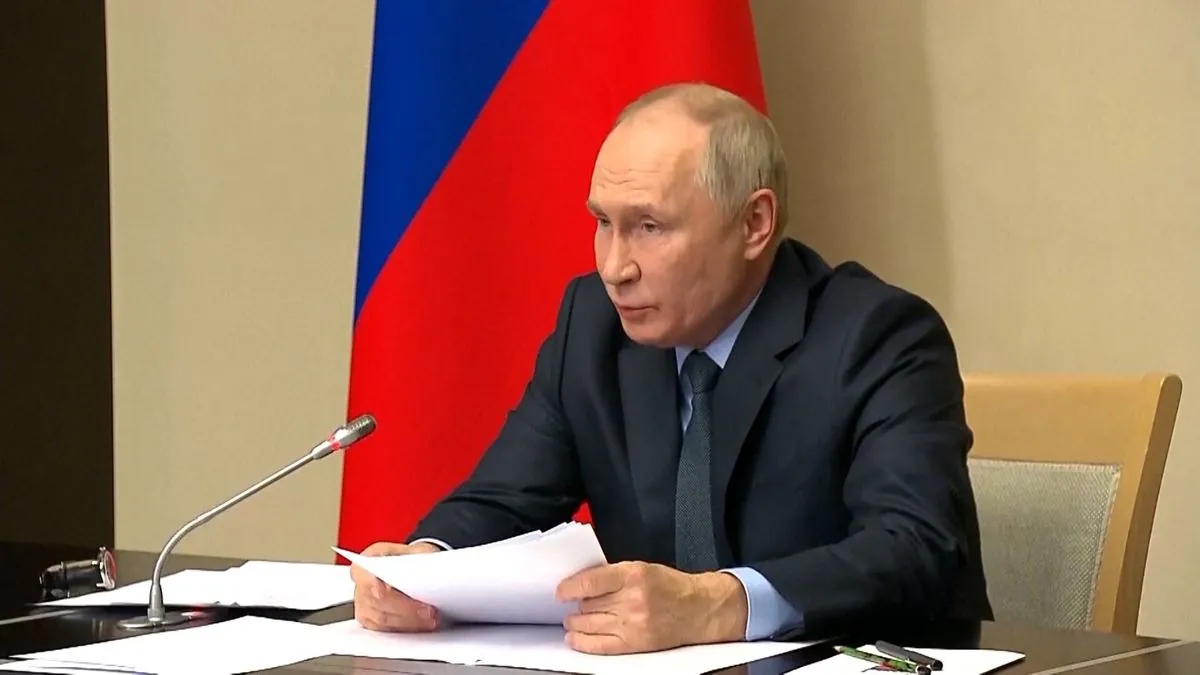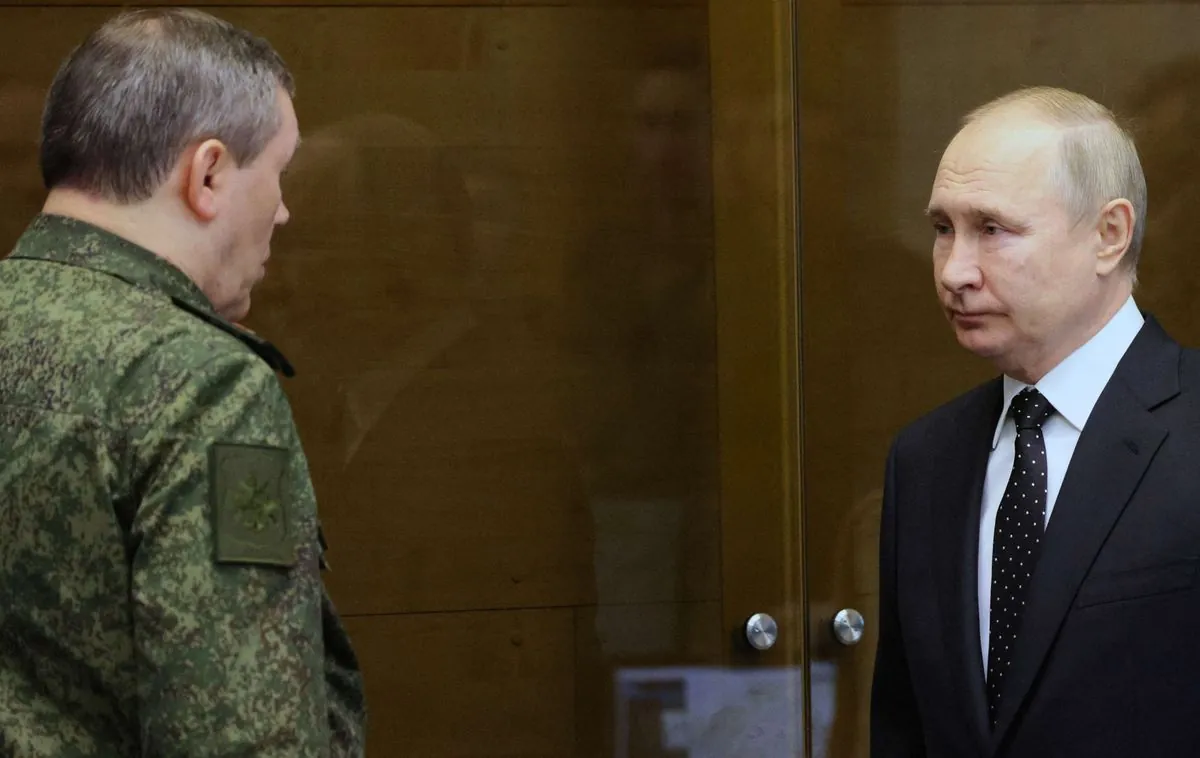Putin's Assassination: A High-Stakes Gamble with Unpredictable Consequences
Analysis of the potential risks and consequences of assassinating Vladimir Putin, examining historical precedents, Russian power structures, and practical challenges. The article questions the wisdom of such a high-stakes action.

The idea of assassinating Vladimir Putin has been a topic of speculation, particularly during his recent travels. However, such an action would be a high-stakes gamble with potentially catastrophic consequences.
Historically, the United States has been involved in regime changes and assassinations. Notable examples include the overthrow of democratically elected governments in Iran (1953) and Chile (1973), as well as the killing of Iranian General Qassem Suleimani in January 2020. The Church Committee investigations also revealed multiple CIA attempts to assassinate Fidel Castro.
"The record shows that the U.S. sanctioned violence in sponsoring the overthrow of democratically elected antagonist regimes in Iran in 1953 and Chile in 1973, while the Church committee investigations documented multiple CIA attempts to assassinate Cuba's Fidel Castro."
However, assassinating a leader of a nuclear-armed state like Russia presents far greater risks. The potential consequences could include:
Understanding Russia's power structure is crucial. Key figures include:
- Alexander Bortnikov: FSB director and Putin's most trusted subordinate
- Viktor Zolotov: Commander of Rosgvardia, Putin's personal force
- Dmitry Viktorovich Kochnev: Director of the Federal Protective Service
These individuals, along with others like Igor Sechin and Sergei Ivanov, share Putin's worldview and paranoia towards the West.

Practically, assassinating Putin would be extremely challenging. He is heavily protected, especially during foreign travels. His use of Soviet-designed Ilyushin Il-96 jets and strict security protocols make him a hard target. The assassination of Hamas official Mahmoud al-Mabhouh in 2010 by Mossad agents demonstrates the complexities of such operations, involving up to 28 operatives and leaving extensive evidence.
Legally, Executive Order 12333 forbids assassination by US government agencies. While exceptions exist for terrorist targets, applying this to foreign leaders remains controversial.
The biggest question is not whether assassinating Putin is possible, but whether it should be attempted. As the saying goes, "When you come at the king, you best not miss." The risks of failure or unintended consequences far outweigh any potential benefits, making such an action a dangerous and potentially catastrophic gamble.


































